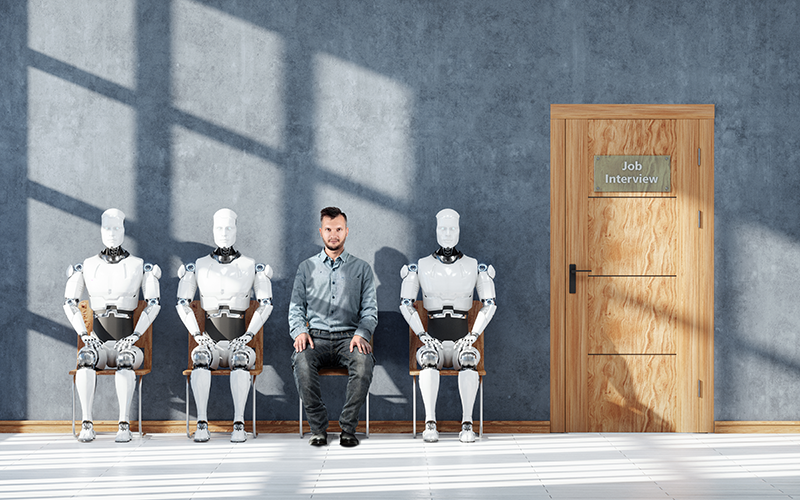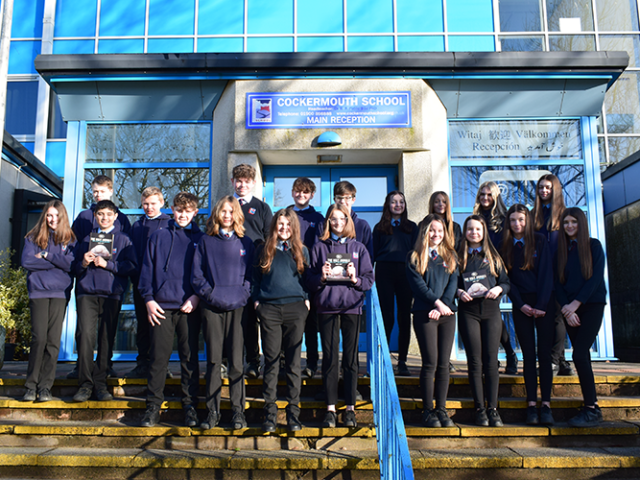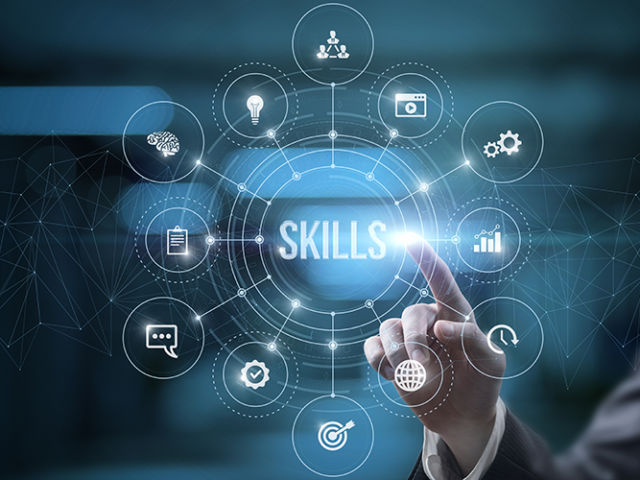HiBob reveals 85% of British workers believe AI is replacing entry level jobs. In fact, over four in 10 workers (42%) advise those entering the workforce to look at ‘second choice’ roles in sectors facing skills shortages.
However the fears are overblown: almost three-quarters (73%) of HR professionals say they have been able to hire graduates directly into high-level roles, bypassing traditional entry-level positions, thanks to AI.
The study of 2,000 UK workers, including 500 HR leaders, shows AI has enhanced entry-level roles, rather than replaced them. Over a third (38%) of HR professionals have seen routine task automation enable entry-level workers to focus on more strategic or analytical work, and 24% say it has reduced the required years’ experience for entry positions.
The shift in role has evolved the skills HR professionals are looking for in candidates. Forty-five per cent say entry-level roles now require stronger technical or digital skills to work alongside AI tools, and a quarter (25%) say roles have become more complex or higher in scope than before. Fifteen per cent say the growing use of AI has made skills-based qualifications less important when hiring for entry level roles.
Workers advocate alternative paths for entry level
Around a third of workers disagree with HR’s realities, however. Thirty-five per cent say they believe graduates won’t be able to leapfrog entry level roles and move into more advanced positions. Their advice to those entering the workforce is to instead gain hands-on experience (52%), even if outside of their ‘ideal’ field, build strong soft skills (40%), and invest in training that doesn’t require a degree but improves employability (30%).
Advice may be driven by the fact workers see human interaction-led roles among those early career roles that will remain ‘viable’ or grow in value, despite the rise of AI. Customer service and customer support roles (43%), human interaction focused admin support (42%), and hospitality and event support (40%) are top of the ‘viable’ role list.
“The idea AI will replace half of all entry-level jobs is overstated,” comments Ronni Zehavi, CEO and Co-Founder of HiBob. “There is no doubt AI is taking on many routine tasks typically linked to junior roles, but that doesn’t mean those roles are disappearing – they just look different. AI doesn’t operate effectively without a level of human oversight, and I would argue that it’s those who know how to use it effectively who will take jobs from others.
“Employers have a responsibility to train their people, not only to boost productivity but to prepare them for the future of work. The businesses empowering workers with AI skills – whether they’re just starting their career, or already well established professionals – will outpace those cutting entry-level jobs and making redundancies in the name of AI adoption. AI doesn’t replace people; it allows them to do more with more.”
Despite job replacement fears, adoption remains low
HiBob’s research reveals less than a quarter (24%) of workers use AI tools regularly as part of their daily workflow, despite job replacement fears. Forty-eight per cent are using AI for specific tasks and 27% are yet to use the technology at all. Instead, workers remain focused on their existing skills with over eight in 10 (83%) believing these have become more important compared to three to five years ago following increases in AI and automation.
Looking to evolve worker skills, almost two-thirds (64%) of HR professionals are using AI to train employees. This includes providing adaptive learning experiences (57%), automating training administration tasks (48%), and personalising learning paths based on roles, skill level, or past performance (42%).
Zehavi continues: “While HR teams are leveraging AI to evolve employee skills, our latest research indicates significant work needs to be done to drive adoption across UK businesses. As threats of AI taking jobs persist, many remain too afraid to explore AI and how it could benefit their jobs and indeed their whole careers. In addition to providing training, HR teams need to be AI champions in the workplace. By repositioning AI as a tool, rather than a threat, employees will be able to focus on what makes them truly human.”
HiBob introduces AI capabilities into Bob
HiBob is launching the AI Manager Companion HiBob’s people-first approach to AI that puts managers at the heart of performance. At its core is the AI Manager Companion, is designed to support overtasked, under-supported people leaders who carry the weight of employee engagement but rarely get the structured coaching or tools they need.
The AI Manager Companion toolkit is seamlessly integrated into the flow of work and can be accessed directly within the HiBob platform – either through a chatbot-style widget or by toggling it on within workflows. It includes coach, storyteller, and analyst features that turn people insights into practical one-on-one scripts, real-time nudges, and decision guidance – so every manager can lead like a seasoned pro, not a spreadsheet jockey.
This isn’t about what AI can do. It’s about who it’s for. HiBob’s AI is built for today’s leaders navigating the span-of-control crunch, where each manager is stretched across 25-40% more people. It bridges the gap between business objectives and human connection – ensuring productivity never comes at the expense of well-being.




